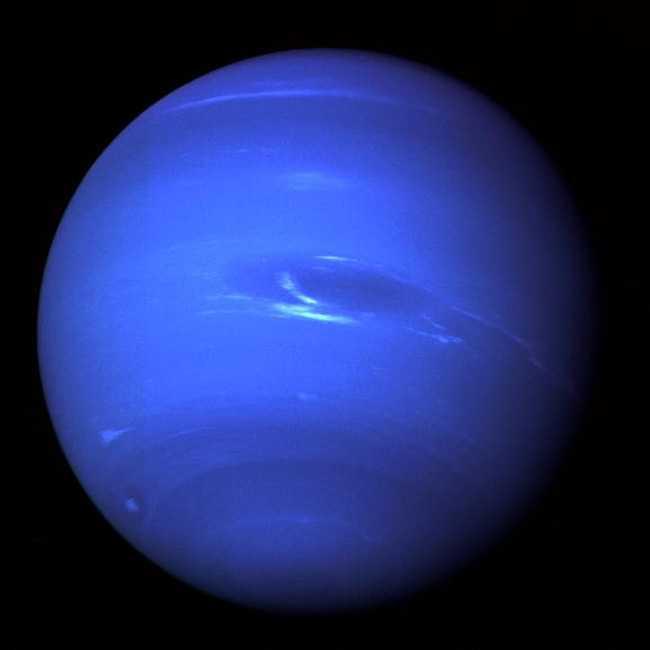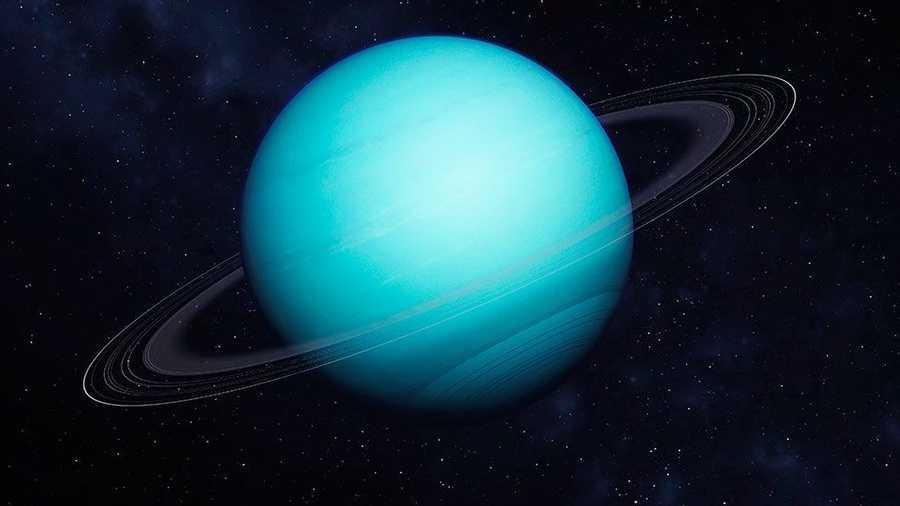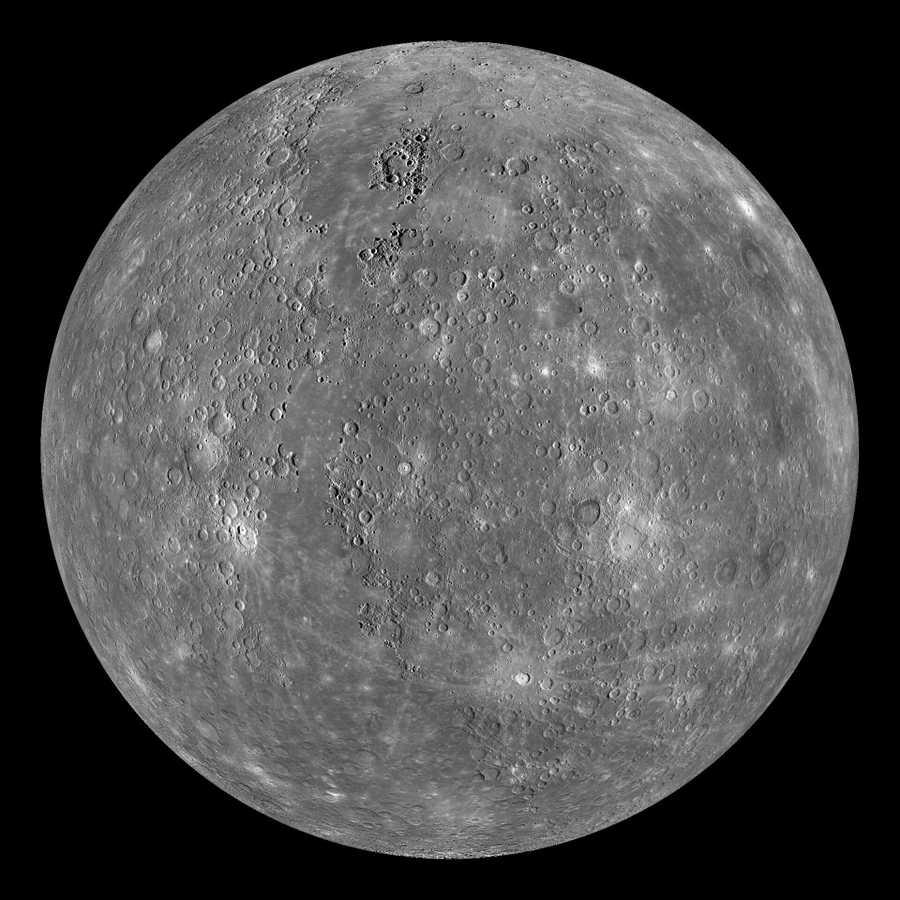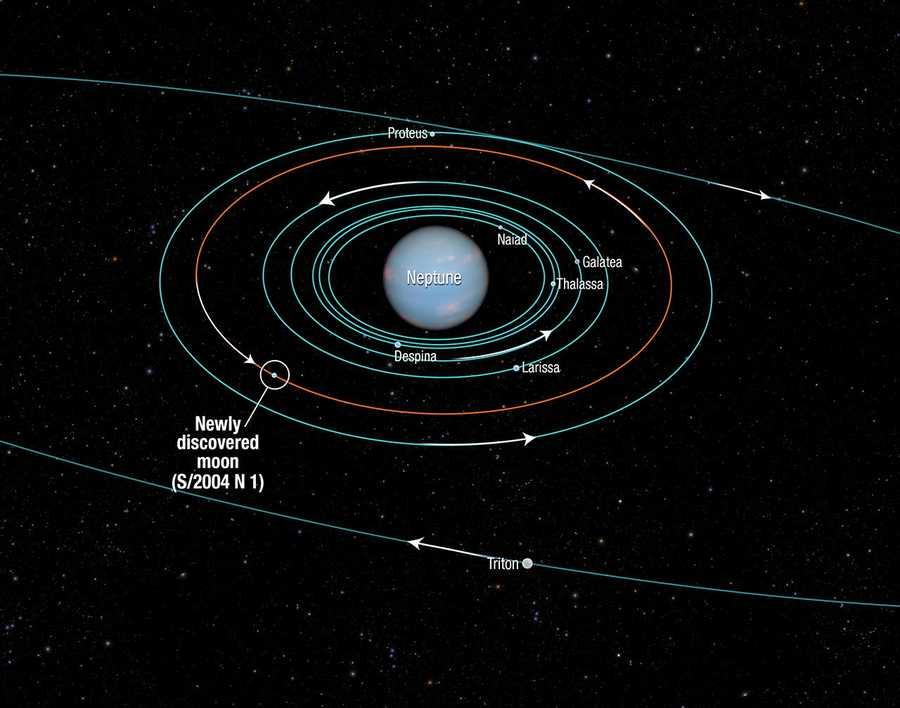Neptune
Dark, cold and whipped by supersonic winds, ice giant Neptune is the eighth and most distant planet in our solar system. More than 30 times as far from the Sun as Earth, Neptune is the only planet in our solar system not visible to the naked eye. In 2011 Neptune completed its first 165-year orbit since its discovery in 1846.
Neptune is so far from the Sun that high noon on the big blue planet would seem like dim twilight to us. The warm light we see here on our home planet is roughly 900 times as bright as sunlight on Neptune.
The ice giant Neptune was the first planet located through mathematical calculations. Using predictions made by Urbain Le Verrier, Johann Galle discovered the planet in 1846. The planet is named after the Roman god of the sea, as suggested by Le Verrier
32
201 reads
CURATED FROM
IDEAS CURATED BY
I'm passionate about helping people live their best lives. I'm a lifestyle coach & burnout coach.
The idea is part of this collection:
Learn more about scienceandnature with this collection
How to make sustainable choices in everyday life
Identifying ways to reduce waste and conserve resources
Understanding the impact of human actions on the environment
Related collections
Similar ideas to Neptune
Formation
Uranus took shape when the rest of the solar system formed about 4.5 billion years ago, when gravity pulled swirling gas and dust in to become this ice giant.
Like its neighbor Neptune, Uranus likely formed closer to the Sun and moved to the outer solar system about 4 billion years ago, wh...
Mercury
The smallest planet in our solar system and nearerst to the Sun,
Mecury is only slightly larger than the Earth's Moon. From the surface of Mercury, the sun would appear more than three times as large as it does when viewed from Earth, and the sunlight would be as much as seven times bright...
Moons
Neptune has 14 known moons, neptune's largest moon Triton was discovered on October 10, 1846, by William Lassell, just 17 days after Johann Gottfried Galle discovered the planet.
Since Neptune was named for the Roman god of the sea, its moons are named for various lesser sea gods and nymphs...
Read & Learn
20x Faster
without
deepstash
with
deepstash
with
deepstash
Personalized microlearning
—
100+ Learning Journeys
—
Access to 200,000+ ideas
—
Access to the mobile app
—
Unlimited idea saving
—
—
Unlimited history
—
—
Unlimited listening to ideas
—
—
Downloading & offline access
—
—
Supercharge your mind with one idea per day
Enter your email and spend 1 minute every day to learn something new.
I agree to receive email updates



